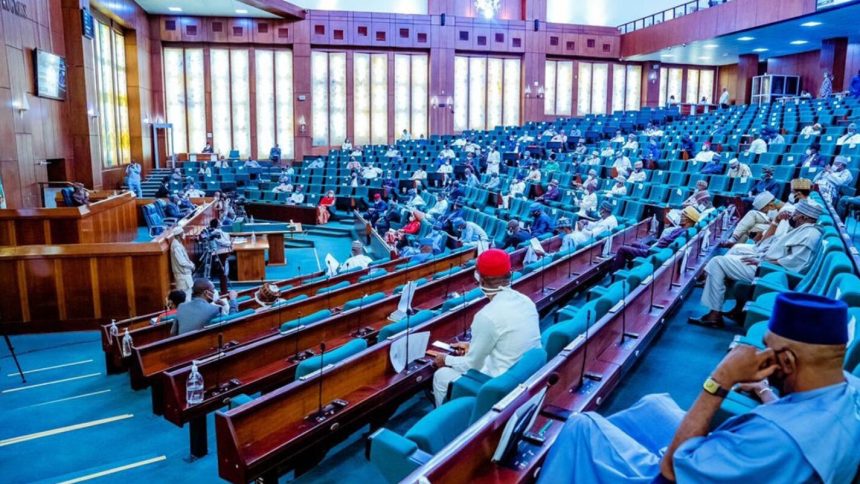A bill seeking to return Nigeria to a parliamentary system of government passed its second reading at the House of Representatives.
The proposed legislation aims to establish the Prime Minister as Head of Government and the President as Head of State.
It was among 32 constitutional amendment bills passed during a plenary session presided over by Deputy Speaker Benjamin Kalu.
Sponsored by Minority Leader Kingsley Chinda and 59 others, the bill proposes shifting executive authority from the President to a Prime Minister.

The Prime Minister would be elected by the legislature, marking a significant shift from Nigeria’s current presidential system.
Titled “A Bill for an Act to Alter the Provisions of the Constitution of the Federal Republic of Nigeria, 1999”, it seeks major changes.
Nigeria previously operated a parliamentary system in the First Republic, with Sir Abubakar Tafawa Balewa as Prime Minister.
That system lasted until the 1966 military coup, which led to the adoption of a presidential system of government.
In February 2024, 60 lawmakers proposed amending the constitution to transition back to a parliamentary system.
Led by APC lawmaker Wale Raji, they cited the need to reduce governance costs and encourage robust policy debates.
The proposal suggests implementing the parliamentary system at the Federal, State, and Local Government levels.
Lawmakers argue that this shift would enhance governance efficiency and foster greater accountability in Nigeria’s political structure.



